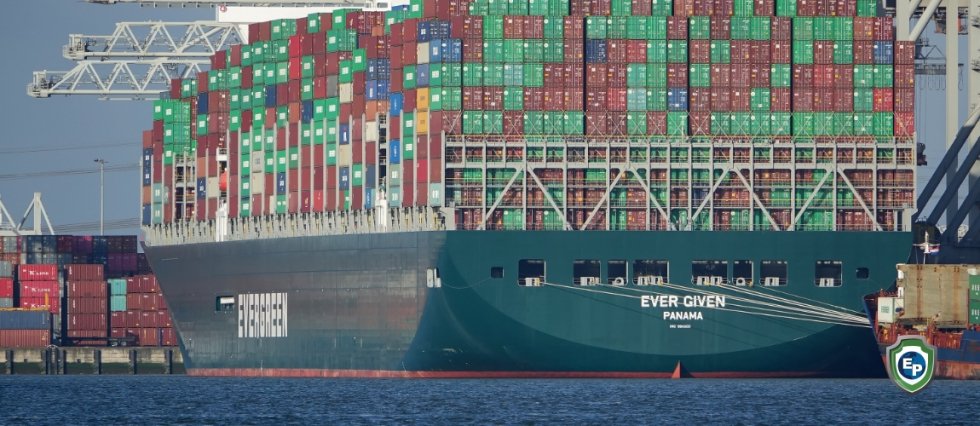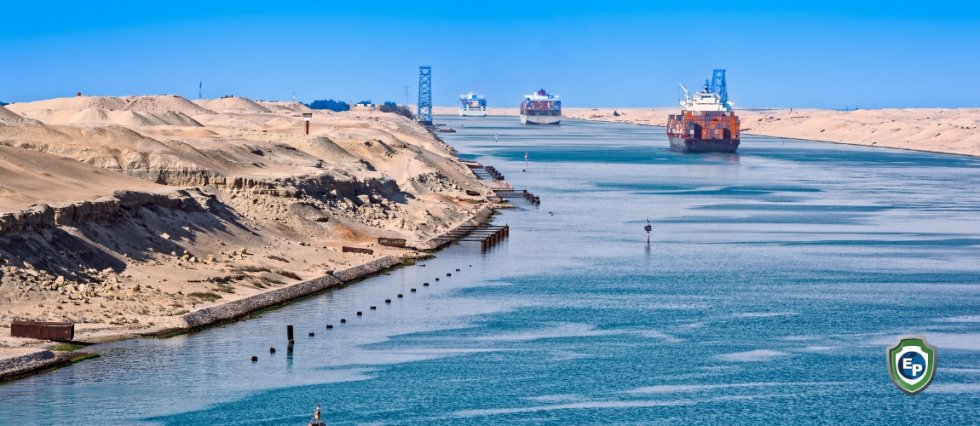How the Suez Canal Situation is Impacting International Trade
The blockage of the Suez Canal earlier this week had a major impact on international trade. Will this affect the rest of the year and how we view shipment routes? Check out our blog to find o

The Ever Given, a nearly quarter-mile-long container ship, has finally been freed after blocking the Suez Canal in both directions for almost a week. Although the vessel had been stuck for only one week, it has already managed to significantly affect international trade since the Suez Canal is one of the world’s busiest and most important trade routes, carrying more than 10% of global trade and 7% of the world’s oil. In fact, the enormous traffic jam it has created has held up $9 billion a day in trade, which equates to around $400 million an hour, damaging supply chains that had already been strained by the COVID-19 pandemic. Over 360 vessels had to wait to travel across the canal while others opted to traverse the Cape of Good Hope located at the southern tip of the Cape Peninsula in South Africa. However, this alternative was not much better since it cost them thousands of dollars in fuel.
Experts believe the knock-on effects brought on by the delays may last up to several weeks or even months. This situation has once again proven just how deadly it is for companies to rely heavily on supply chains without creating any backup plans for errors and unforeseen events. According to Milken Institute’s chief economist William Lee, “This is a warning about how vulnerable our supply chains are and how the just-in-time inventory techniques that have been so popular have to be rethought... The shortages and the supply chain shortages that cause assembly lines to shut down — that will have a greater impact.”

While many are remaining hopeful that the Suez canal situation will not obstruct this year’s global growth as long as economies continue to reopen and the effects of the pandemic do not worsen, a surge in prices and shortage of supplies worldwide are likely inevitable. The late arrival of containers will drive up costs, and shipping prices will increase, ultimately reaching the customers. The supply chain impact may also lead to shortages of goods like furniture, toilet paper, and coffee in the US. Moreover, it is impacting gas and oil shipments as well, along with companies like Suzano and Nescafe that work with producers who use the canal to ship products.
Stay in the Loop with Export Portal
At Export Portal, we believe in making international trade easy and ensuring our users have all the resources they need to trade confidently. That includes helping our users learn everything they need to know about the trading industry and connecting them with the right people. Subscribe to our newsletter today and stay informed on all the latest news!






Comments 0